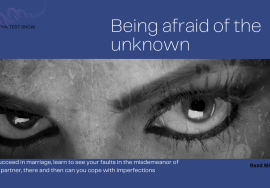
Infidelity in homes
Infidelity in homes is a sensitive and complex issue that can cause significant emotional pain and damage to relationships. Here are some key aspects to consider:
Causes of Infidelity
- Lack of communication: Poor communication can lead to misunderstandings and feelings of isolation.
- Unmet emotional needs: Unfulfilled emotional needs can drive individuals to seek comfort elsewhere.
- Dissatisfaction: Dissatisfaction with the relationship or partner can contribute to infidelity.
- External factors: External factors like work-related stress, social media, or external relationships can also play a role.
Effects of Infidelity
- Emotional trauma: Infidelity can cause significant emotional pain, including feelings of betrayal, anger, and sadness.
- Relationship damage: Infidelity can damage the trust and intimacy in a relationship, making it challenging to repair.
- Family consequences: Infidelity can also affect children and other family members, leading to feelings of insecurity and instability.
Preventing Infidelity
- Open communication: Foster open and honest communication to address issues and concerns.
- Emotional intimacy: Cultivate emotional intimacy by spending quality time together and engaging in meaningful conversations.
- Trust and respect: Build trust and respect by being reliable, faithful, and supportive.
- Seeking help: Seek professional help if issues arise, such as couples therapy or counseling.
Healing from Infidelity
- Seek professional help: Consult with a therapist or counselor to work through emotions and develop a plan for healing.
- Open communication: Engage in open and honest communication to address issues and rebuild trust.
- Forgiveness and healing: Work towards forgiveness and healing, which can be a lengthy and challenging process.
- Rebuilding trust: Rebuild trust by being transparent, reliable, and faithful.
If you’re experiencing infidelity in your home or are struggling with relationship issues, consider seeking professional help from a therapist or counselor.



